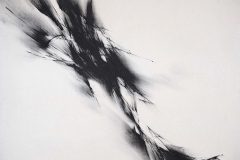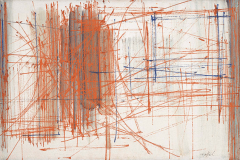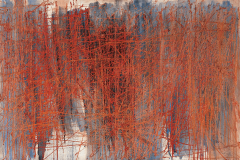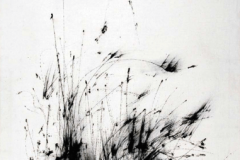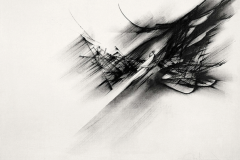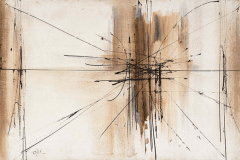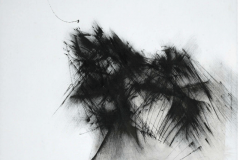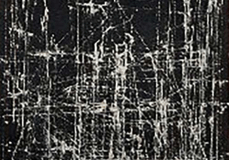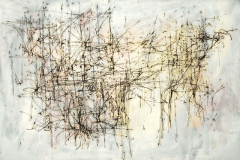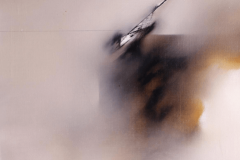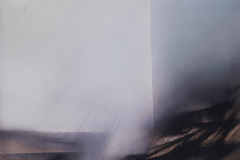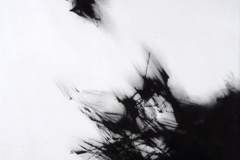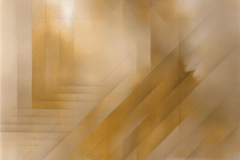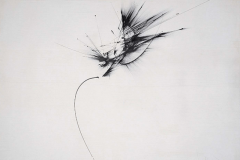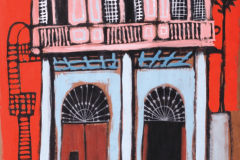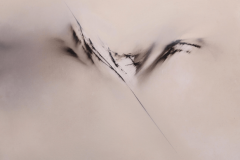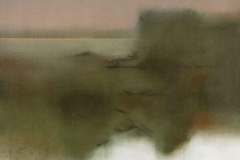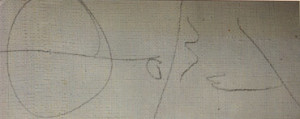Buying Fernando Zobel de Ayala paintings – Highest Prices Paid: Artist Bio & images follow:
FERNANDO ZOBEL (1924-1984)
Fernando Zóbel was a modern artist, scholar, and patron of the arts. Born on August 27, 1924 in Manila, he was the son of Enrique Zóbel de Ayala and Fermina Montojo y Torrontegui, members of the prominent Zobel de Ayala family. Although Fernando Zobel was a citizen of Spain, he grew up in both the United States, where he was educated, and in the Philippines.
In 1942, at the age of 18, a spinal problem caused him to be bed-ridden for nearly a year. During this time he began to develop his drawing skills, making sketches of the views out his window, as well as caricatures of family members. After World War II Zóbel was admitted to Harvard University, where he studied history and literature until his graduation in 1949. Living in Boston, he befriended many artists, including James Pfeufer and Reed Champion, and began to paint in the “Boston Style.” During this period he also executed many etchings, aquatints and serigraphs.
After recovering from depression in 1954, he entered the Rhode Island School of Design, and was deeply moved by an exhibition of paintings by Mark Rothko. The epiphany provided by this show changed the course of Zóbel’s art and strengthened his commitment to abstraction.
When he returned to Manila in the late 1950’s he connected with Filipino artists, and shared his new enthusiasm for modern art. By actively collecting art and setting up exhibitions he played a crucial role in stimulating and promoting modern art in the Philippines. During this period he was also active in the management of his family business, Ayala y Compañía from 1955 to 1961.
Although Zóbel was a very effective executive, his heart belonged to art, and he was known to rush home from work so he could pick up his brushes. In Manila, he cultivated a serious interest in Chinese and Japanese art, taking classes in calligraphy under Chinese master Ch’en Bing Sun. He also began using a hypodermic syringe to achieve fine effects of line in his abstract meditations on movement, the “Saetas” series.
His next series, initiated in Madrid in 1959, the “Series Negra” demonstrated his efforts to use the color black to express powerful effects of space and motion. In 1962 he was made honorary director of the museum of Manila’s Universidad del Ateneo. After a one-man show at the Luz Gallery in Manila, Zóbel returned to live in Spain permanently.
In 1966 Zóbel displayed his private collection of Spanish modern art, including works by Chillida, Tapies, Saura, Rueda, Torner, Rivera, Millares, and Cuixant as well as his own works at the newly founded “Museum of Abstract Spanish Art” in Cuenca, Spain. He was aided by the artists themselves, especially by Gustavo Torner and Gerardo Rueda, who were the first curators of the collection. They persuaded Cuenca Town Council to give them part of the Hanging Houses, which had recently been restored, to be used as the site for the museum.
Because of Zóbel’s urging and vision, the Ayala Foundation established the Ayala Museum in 1967. This museum, which focuses on Philippine art and culture, moved to a new building in 1974 and continues to thrive.
As an artist, Zóbel worked from the mid-sixties into the seventies developing imagery based on the memory of experience. Among these work are his “Dialogos” which demonstrate his recollections of works by master artists including Degas. An avid museum-goer, Zóbel travelled internationally taking in museum collections, and spent many hours in Madrid’s Prado.
During the following years he received many honors, and in 1975 Harvard University appointed him a member of the advisory committee for the aquisition of rare books and manuscripts. One-man exhibitions of his work in New York, Madrid and Paris established his reputation as an artist of international significance.
After recovering from a stroke suffered in 1980 Zóbel executed works in which drawing increasing fused with colors applied as glazes. In 1983 a major retropsective of his work was organized by the Caja de Ahorros y Monte de Piedad de Sevilla.
Fernando Zóbel died unexpectedly, of a heart attack, in Rome, in June of 1984. He was posthumously awarded a Gold Medal by the City of Cuenca, Spain. He was remembered with great affection by many friends and students who found his clarity of mind and kindness as a person unforgettable.
Do you have artwork by this artist that you are interested in evaluating or selling?
INQUIRE ABOUT YOUR ARTWORK